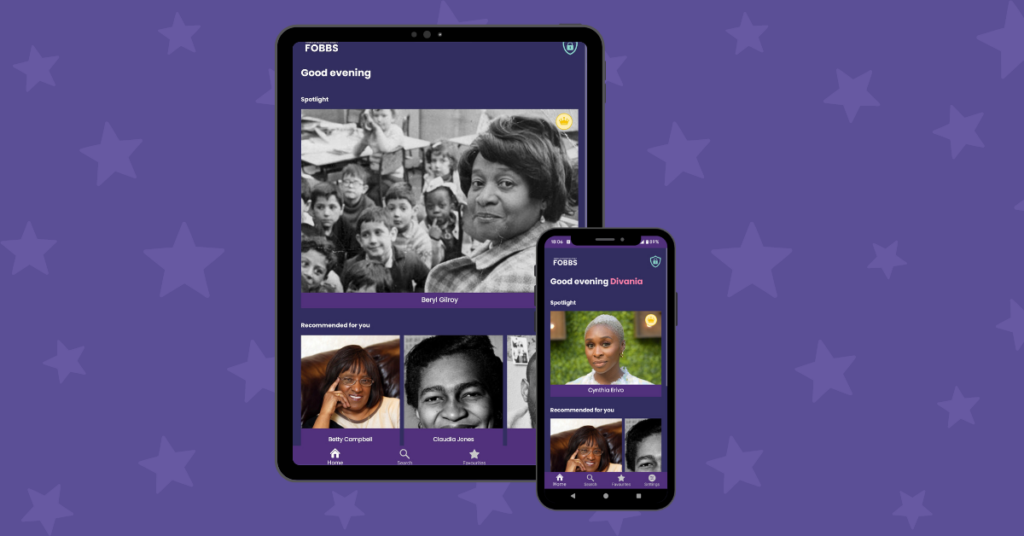Long before DEI made it into corporate boardrooms, Black communities in the UK were already doing the work.
Since the 1940s, Saturday schools—community-led supplementary education projects—have filled a crucial gap in the mainstream education system. They’ve provided thousands of Black children with not only academic support but something just as vital: representation.
Founded by African and Caribbean parents who refused to let their children be short changed, these schools taught core subjects and Black history. During the 1960s and 19g70s, their presence was essential, especially as children from Caribbean backgrounds were disproportionately labelled as “educationally subnormal” by the system. Saturday schools became a form of resistance—a space to reclaim education, dignity, and future opportunities.
“a more diverse curriculum doesn’t just benefit Black children. It benefits all children.”
Today, these schools still exist, but many are struggling to survive. One of the longest-running, the Croydon Supplementary Education Project (CSEP)—established by the Windrush generation over four decades ago—is now at risk of closure due to rising costs and the sale of its building. They are currently crowdfunding to stay open, continuing a legacy that has changed thousands of lives.
And they’re not alone. With limited funding, reliance on volunteers, and the impact of the cost-of-living crisis, Saturday schools need more support than ever. Because the truth is: a more diverse curriculum doesn’t just benefit Black children. It benefits all children—expanding their worldview, encouraging allyship, and filling in the missing pieces of our shared history.
At FOBBS, we’re proud to support this mission through our platform, which helps schools integrate Black British history into the national curriculum year-round. We stand on the shoulders of those who’ve been doing this work for decades, and we’re committed to building tools that support inclusive education in the digital age.
Because representation in education shouldn’t be a bonus—it should be the baseline.


